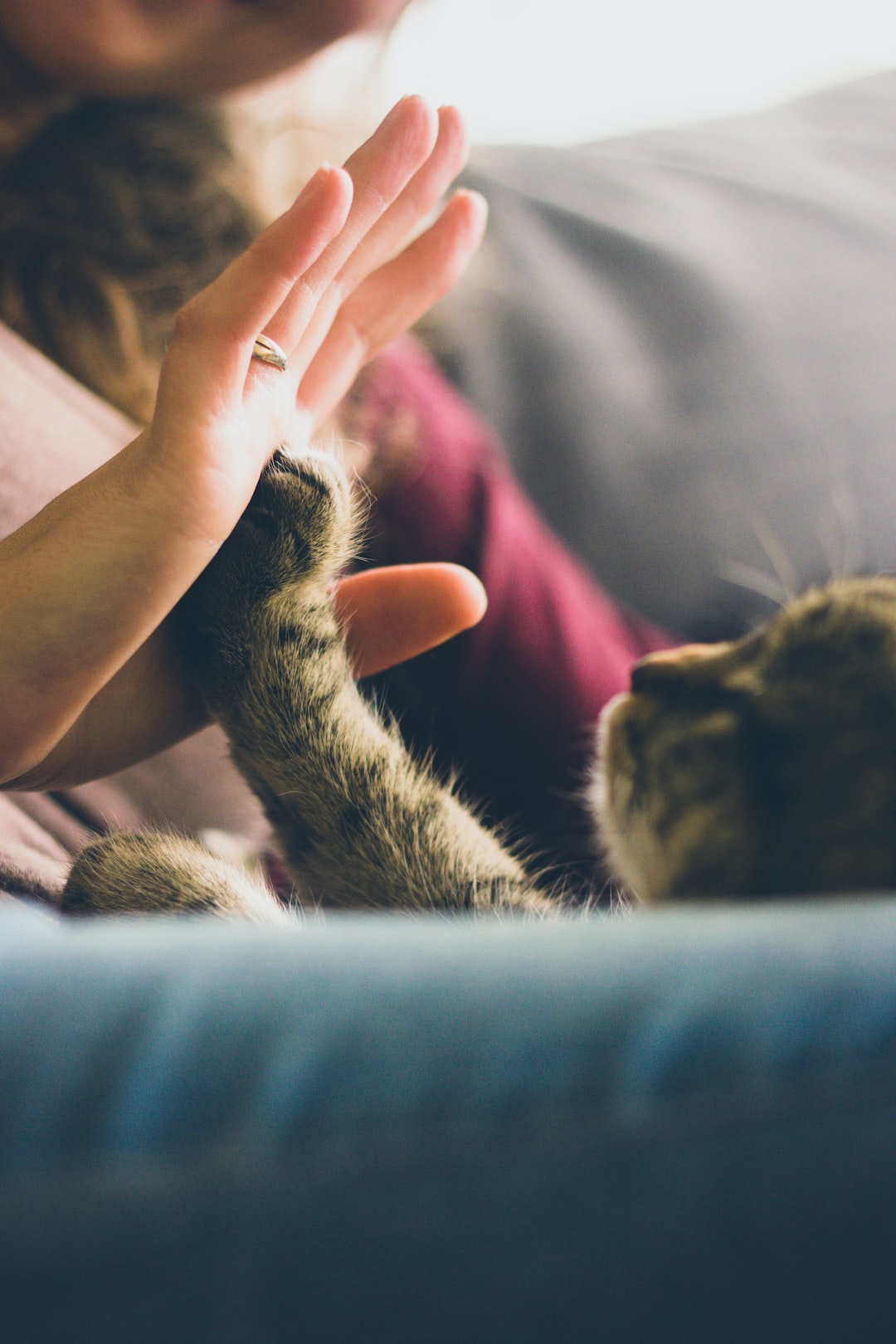The Dos and Don’ts of Feeding Your Pet
Feeding your pet is not just about filling their food bowls; it’s about nourishing them and ensuring their overall well-being. The right diet plays a crucial role in their growth, energy levels, immune system, and overall health. To help you make informed choices and avoid common mistakes, here are the dos and don’ts of feeding your pet.
Dos:
1. Consult a Veterinarian: Before finalizing any diet plan, consult your veterinarian. They will guide you on the specific nutritional needs of your pet based on its breed, age, size, and any health conditions. Remember, each pet is unique, and their dietary requirements can vary significantly.
2. Choose High-Quality Pet Food: Opt for high-quality pet food that contains essential nutrients, vitamins, and minerals. Look for reputable brands that clearly state ingredients and their nutritional value. Avoid artificial colors, preservatives, and fillers.
3. Follow a Balanced Diet: Just like humans, pets need a balanced diet. Ensure their meals include appropriate amounts of carbohydrates, proteins, and healthy fats. Vary their diet with a mix of dry and wet food, as well as occasional treats.
4. Age-Appropriate Feeding: As your pet ages, its nutritional requirements change. Puppies and kittens need nutrient-dense food for growth. Adult pets require a diet to maintain their energy levels, and senior pets may need food that supports their joint health. Adjust their meals accordingly.
5. Maintain Portion Control: Overfeeding can lead to obesity and various health issues. Follow the feeding guidelines provided by pet food manufacturers and adjust according to your pet’s needs. Regularly monitor their weight and body condition to ensure they remain within a healthy range.
Don’ts:
1. Feed Human Food: Avoid feeding your pet table scraps or excessive human food. Many human foods can be toxic to pets, including chocolate, grapes, onions, garlic, and caffeine. Keep your trash secure and discourage your pet from begging during meals.
2. Use Harmful Food Additives: Do not use salt, sugar, seasonings, or any additives that can harm your pet’s health. These can lead to gastrointestinal problems, dental issues, and overall poor nutrition.
3. Change Diets Abruptly: Sudden changes in diet can upset your pet’s digestive system and cause discomfort. If you plan to switch their food, do so gradually by mixing the new diet with the old one over a week or two.
4. Ignore Allergies or Dietary Restrictions: Some pets may have specific dietary restrictions or allergies. This could be related to ingredients such as gluten, dairy, or certain proteins. Pay attention to any signs of allergies, such as itching, vomiting, or diarrhea, and consult your vet if necessary.
5. Neglect Hydration: Always ensure that your pet has access to fresh water throughout the day. Proper hydration is vital for their overall health and digestion. Change the water frequently and clean the water bowl regularly.
Remember, feeding your pet is a responsibility that should not be taken lightly. A well-balanced and appropriate diet will contribute to their longevity and well-being. Regularly monitor their weight, consult with your veterinarian, and adjust their diet as needed. By following these dos and don’ts, you can help your furry friend lead a healthy and happy life.

